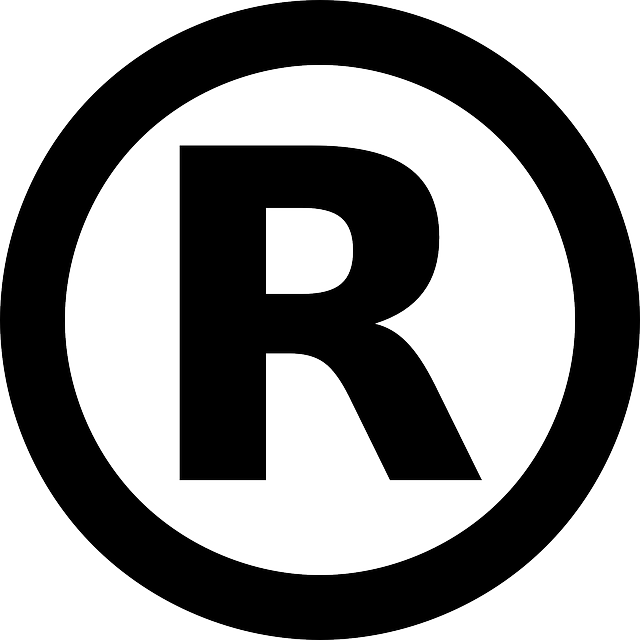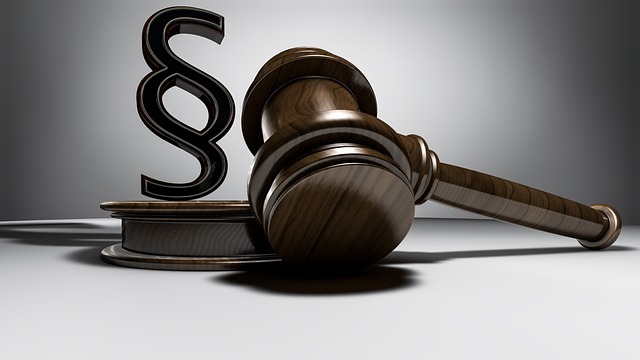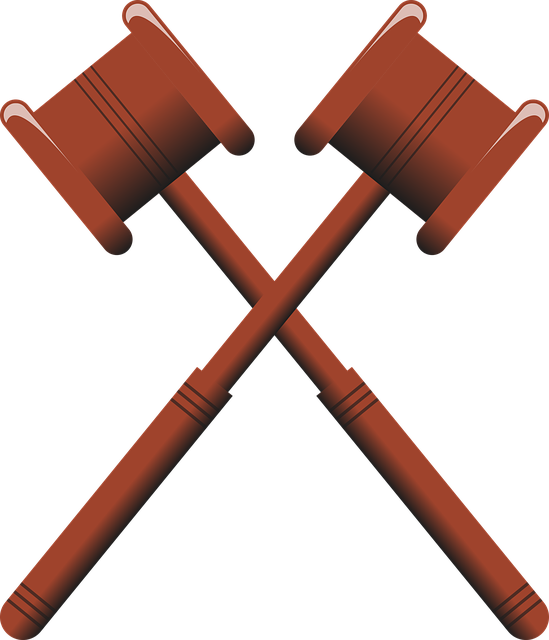In cases of workplace-related fatalities, understanding workplace wrongful death laws is vital for families seeking justice and compensation. Employers have a fiduciary duty to maintain safe working conditions; breaches can lead to legal consequences. Families are entitled to workers' comp benefits, civil lawsuits, and pain/suffering damages. Employers must implement safety protocols, training, and risk assessments to prevent such incidents, facing severe legal repercussions if they fail.
In the tragic event of an employee’s fatality at work, understanding the legal protections available is paramount. This article delves into the complex landscape of workplace wrongful death, exploring critical legal perspectives and rights for affected families. We dissect the responsibilities of employers in preventing such incidents and the subsequent liability that may arise. By examining these aspects, we aim to shed light on the measures that can safeguard workers and the justice available to their loved ones.
- Understanding Workplace Wrongful Death: A Legal Perspective
- Legal Protections and Rights for Families of Deceased Employees
- Preventative Measures and Liability for Employers
Understanding Workplace Wrongful Death: A Legal Perspective
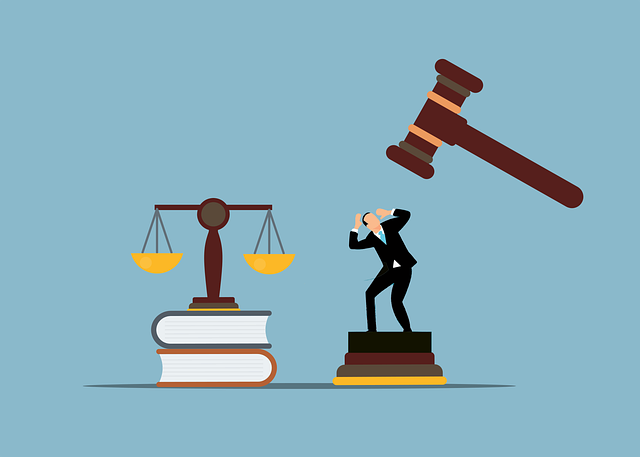
When an employee’s life is tragically cut short due to workplace-related incidents or hazards, understanding the legal protections and rights becomes paramount for both families and employers. The concept of workplace wrongful death refers to a range of legal actions that arise when an employer’s negligence or misconduct leads to an employee’s fatal injury. This area of law is designed to provide justice and compensation to affected families while ensuring accountability for businesses that fail to maintain safe working conditions.
A key aspect often examined in these cases is the breach of fiduciary duty. Employers owe a duty of care to their employees, which requires them to provide a safe workplace environment. When this duty is breached, resulting in an employee’s death, legal action can be taken. Furthermore, insurance coverage disputes may arise, especially when determining liability and the extent of compensation for victims’ families, adding another layer of complexity to these sensitive matters.
Legal Protections and Rights for Families of Deceased Employees
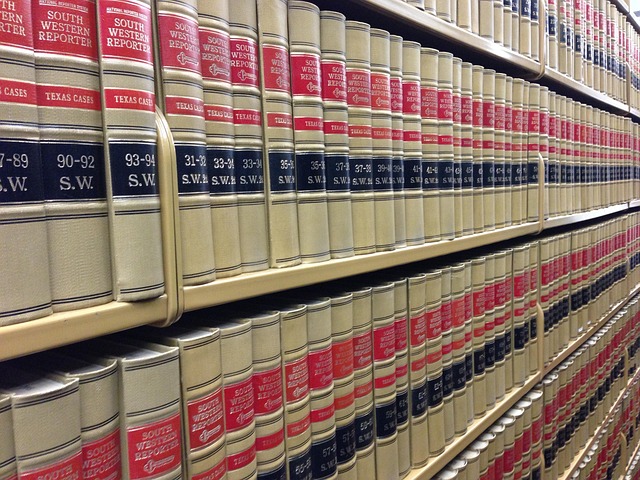
In the event of an employee’s wrongful death in the workplace, the families they leave behind are entitled to certain legal protections and rights. These protections vary by jurisdiction but generally include workers’ compensation benefits, which provide financial support for funeral expenses, lost wages, and medical bills related to the incident. Additionally, depending on the circumstances, families may pursue a civil lawsuit against the responsible parties, such as employers or third-party negligence contributors, seeking damages for pain and suffering, loss of companionship, and other associated losses.
Partnership disputes or internal workplace disagreements rarely play a direct role in wrongful death cases, as these issues typically arise from business partnerships or employee conflicts unrelated to fatal accidents. However, if the deceased employee’s partner or colleagues bear some responsibility for the conditions leading to the fatality—for instance, through gross negligence or unsafe work practices—they could face legal consequences alongside the employer. This may include both criminal charges and civil liabilities aimed at ensuring that auto accident injuries or other workplace hazards are addressed to prevent future tragedies.
Preventative Measures and Liability for Employers

In preventing workplace wrongful death cases, employers have a legal obligation to maintain a safe work environment. This includes implementing robust safety protocols, providing adequate training to employees, and ensuring regular maintenance of equipment and facilities. Failure to do so can lead to severe consequences, including liability for any resulting fatalities. A comprehensive risk assessment and proactive measures such as regular inspections, proper labeling of hazards, and promoting a culture of safety are crucial preventative steps.
When an incident occurs resulting in an employee’s death, employers may face significant legal repercussions. Depending on the circumstances, a car accident attorney representing the victim’s family could pursue compensation for their loss. This includes not only financial damages but also addressing partnership disagreements or conflicts that might have contributed to the unsafe conditions. Even seemingly minor incidents like slip and fall injuries can lead to legal battles if negligence is proven. Employers must be prepared to defend against such claims by demonstrating due diligence in safety measures to avoid substantial lawsuits and negative public relations.
In conclusion, while workplace wrongful death remains a tragic reality, various legal protections and rights are in place to support families affected by such losses. Understanding these protections, as outlined in this article, is crucial for both employees and employers. By implementing preventative measures and recognizing their liability, employers can help reduce these incidents. Remember that, in the event of a fatal workplace incident, families have specific rights, ensuring they receive justice and compensation during what is an incredibly difficult time.


